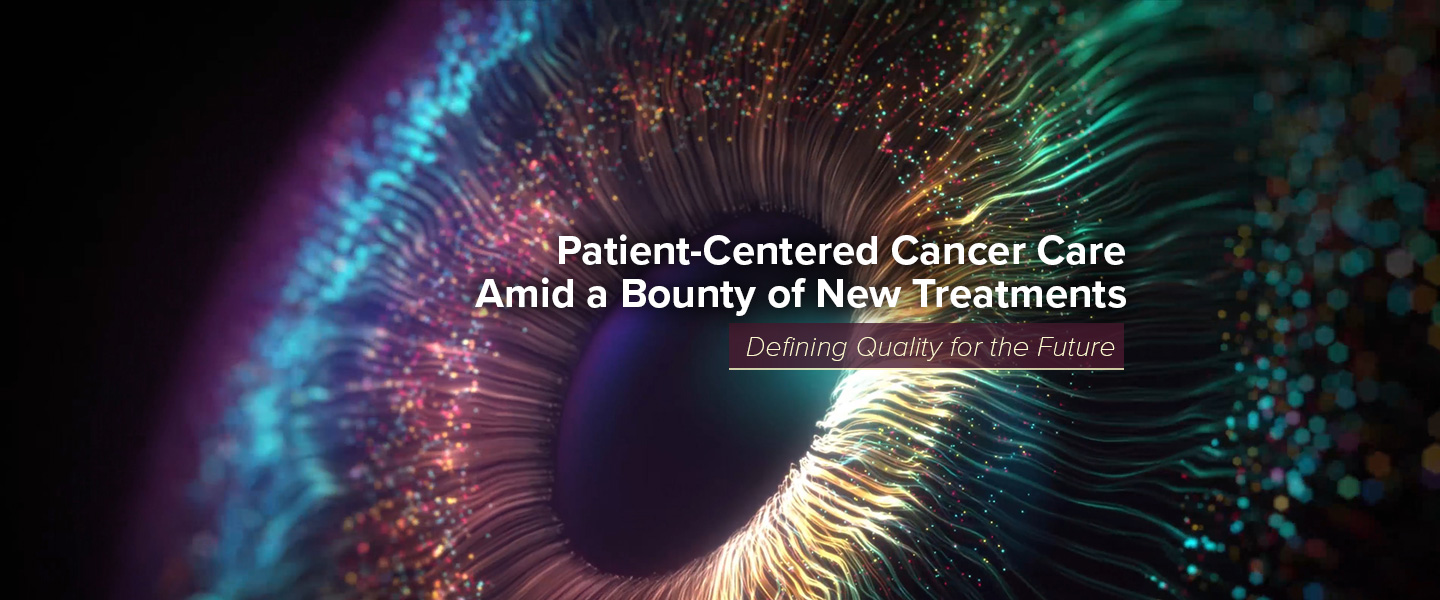Gold Carding, a practice in healthcare where payers waive prior authorization requirements for providers with a strong track record of prior authorization approvals, has become a hot topic in healthcare policy discussions. Modeled after the American Express “gold card” concept, which bestows privileges on reliable borrowers, healthcare Gold Carding aims to reduce administrative burdens and expedite care delivery by exempting high-performing physicians from prior authorization processes. While this concept has been lauded by many in the medical community, it has also faced criticism and raised concerns among insurers and healthcare policy experts. This blog delves into the pros and cons of Gold Carding, using recent legislative developments and expert opinions as a backdrop.
Pros of Gold Carding
-
- Reduced Administrative Burden: One of the most significant advantages of Gold Carding is the reduction in administrative tasks for healthcare providers. Prior authorization processes are notoriously time-consuming, often requiring dedicated staff to manage the paperwork and follow-ups. As Austin oncologist Debra Patt noted, prior authorizations have become ubiquitous, taking up valuable time that could be spent on patient care. By exempting providers with a high approval rate from these requirements, Gold Carding allows them to focus more on their patients and less on administrative duties.
- Faster Patient Care: With fewer hurdles to clear before administering treatments or prescribing medications, patients can receive care more promptly. This is particularly crucial in cases involving time-sensitive treatments, such as cancer therapies or urgent surgeries. The Texas “gold card bill” (HB 3459), which exempts physicians with a 90% prior authorization approval rate over six months from prior authorization requirements for certain services, exemplifies this benefit. By streamlining the process, patients can avoid unnecessary delays and start their treatments sooner.
- Improved Provider Satisfaction: Healthcare providers often express frustration with the prior authorization process, seeing it as an obstacle to providing timely and appropriate care. Gold Carding can significantly boost provider morale and job satisfaction by removing this source of frustration. According to a 69% of health plans using Gold Carding programs reported positive outcomes, including improved provider satisfaction.
- Encouragement for High Performance: Gold Carding incentivizes providers to maintain high standards of care and consistency in their practice. Knowing that a high approval rate could exempt them from prior authorizations, providers might be more diligent in adhering to evidence-based practices and guidelines. This could lead to an overall improvement in the quality of care provided across the healthcare system.
Cons of Gold Carding
- Administrative and Implementation Challenges: While the idea of Gold Carding is appealing, its implementation can be fraught with challenges. The reported issues with the enforcement of the Texas gold card bill, including a lack of clarity and guidelines from payers on what services are exempt. These administrative hurdles can undermine the effectiveness of the policy and create new layers of complexity instead of simplifying the process.
- Potential for Increased Costs: Although Gold Carding aims to reduce administrative costs, it could potentially lead to higher overall healthcare costs. Without the check of prior authorizations, there is a risk that some providers might overuse certain services or tests, leading to increased expenses for health plans. In the , 73% of respondents indicated some negative outcomes from Gold Carding programs, including higher costs.
- Variability in Quality of Care: While Gold Carding rewards high-performing providers, it might also inadvertently allow variations in the quality of care. Providers who meet a 90% or above threshold for exemption might not be scrutinized as closely, potentially leading to inconsistencies in care standards. This could be particularly problematic if the criteria for exemption are not stringent or well-defined.
- Resistance from Insurers: Health insurance companies have expressed concerns that Gold Carding might be unnecessary, given the ongoing efforts to improve prior authorization processes through electronic approvals and other means. James Swann from AHIP pointed out that providers and payers are already collaborating to streamline these processes. Insurers worry that Gold Carding might duplicate efforts or lead to fragmented approaches to prior authorizations across different states and health plans.
Gold Carding presents a promising solution to the longstanding issues associated with prior authorizations in healthcare. By rewarding high-performing providers with exemptions from these processes, it aims to reduce administrative burdens, expedite patient care, and improve provider satisfaction. However, its implementation is not without challenges, including administrative complexities, potential cost increases, and resistance from insurers.
As more states consider Gold Carding legislation, it will be crucial to address these challenges and develop standardized, transparent criteria for exemptions. Continuous collaboration between providers, insurers, and policymakers will be essential to refine and optimize Gold Carding programs, ensuring they achieve their intended benefits without compromising the quality or affordability of care.
The debate over Gold Carding underscores the broader need for reform in healthcare authorization processes. Whether through Gold Carding or other innovative approaches, the ultimate goal remains the same: to deliver timely, efficient, and high-quality care to patients while minimizing unnecessary administrative burdens.
Eviti Connect offers a promising solution by partnering with health plans to discuss and implement Gold Carding programs. Eviti’s approach involves rejecting treatment plans that do not meet specific criteria and reporting significant cost savings, even for practices with a high approval rating. Eviti’s careful review process aims to ensure that potential savings are understood and maximized before implementing the Gold Carding program on a practice-by-practice basis. By collaborating with health plans and leveraging data-driven insights, Eviti aims to refine the Gold Carding process, in hopes that it delivers on its promise of efficiency and cost-effectiveness while maintaining high standards of patient care.







